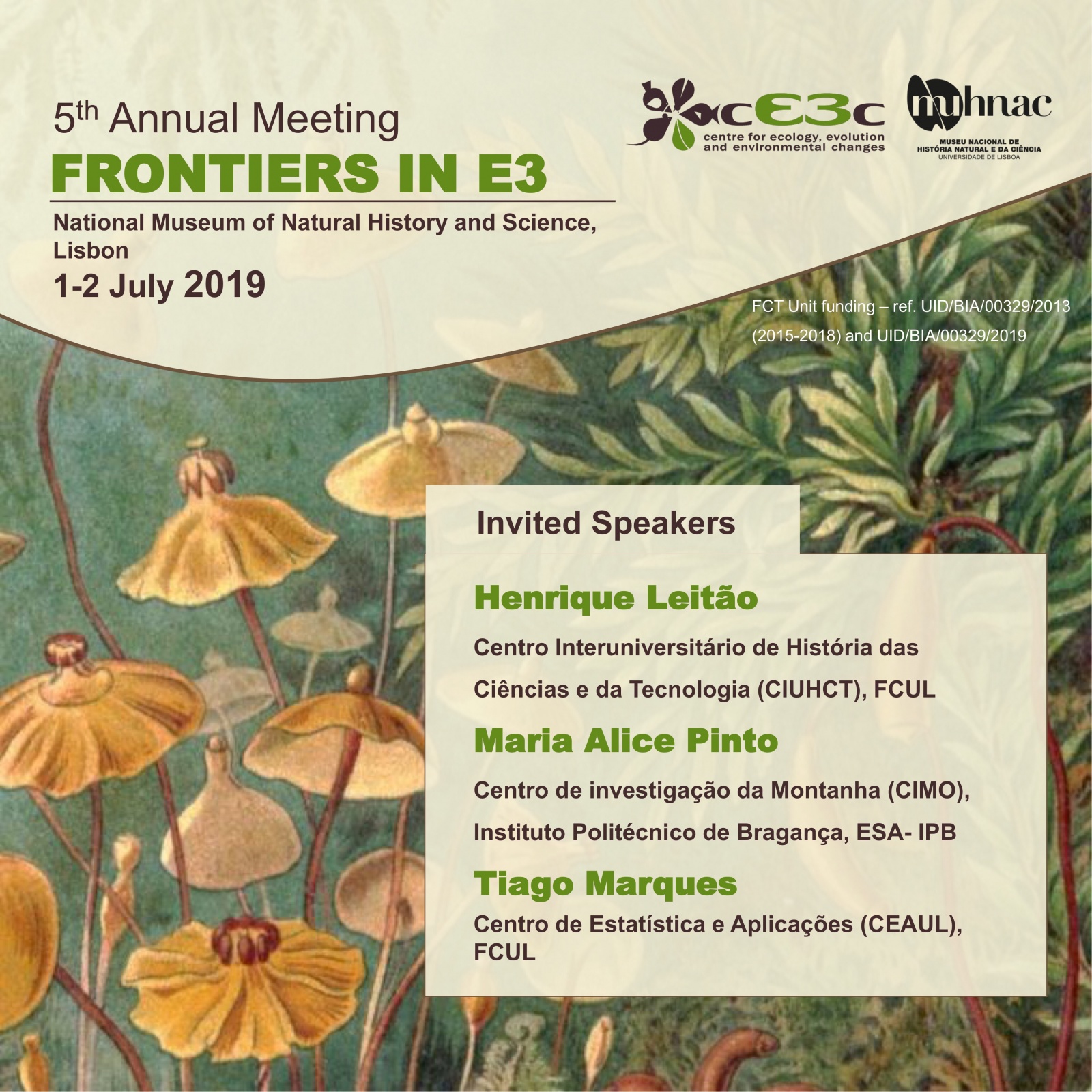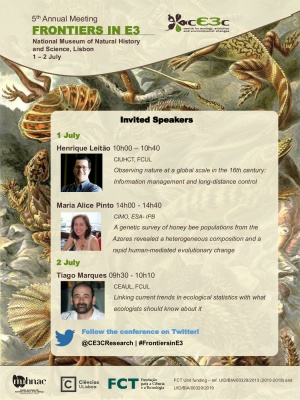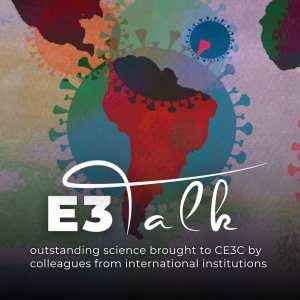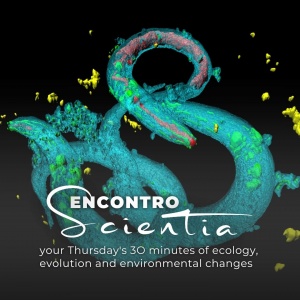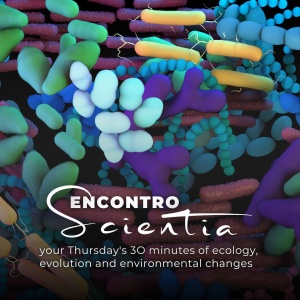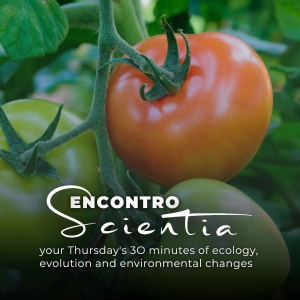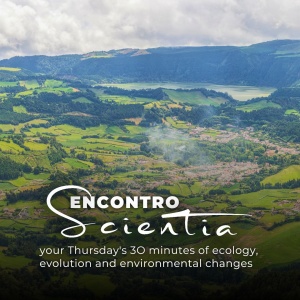13/06/2019. Texto por Marta Daniela Santos.
A edição de 2019 do Encontro Anual do cE3c realiza-se no Museu Nacional de História Natural e da Ciência (MUHNAC), nos dias 1 e 2 de julho, e recebe como oradores plenários Henrique Leitão (Centro Interuniversitário de História das Ciências e da Tecnologia - CIUHCT, FCUL), Maria Alice Pinto (Centro de Investigação da Montanha - CIMO, Instituto Politécnico de Bragança) e Tiago Marques (Centro de Estatística e Aplicações - CEAUL, FCUL).
Agora na sua quinta edição, o Encontro Anual do cE3c ‘Frontiers in E3’ visita um novo espaço - o Museu Nacional de História Natural e da Ciência (MUHNAC), onde está sediado um dos seus grupos de investigação - após em edições anteriores se ter realizado na FCUL e na Universidade dos Açores (Ilha de São Miguel).
Embora o Encontro Anual seja um evento reservado aos investigadores do centro, que durante estes dois dias se dedicam a apresentar e discutir entre si os projetos mais recentes e a explorar colaborações, as Conferências Plenárias são abertas a todos os interessados.
As Conferências Plenárias terão lugar no Auditório Manuel Valadares do MUHNAC, sendo o acesso através da Avenida das Palmeiras (teremos sinalização a indicar); a entrada é livre, sujeita à lotação da sala.
Acompanhem também as Conferências via Twitter! Sigam-nos no Twitter (@CE3CResearch) e acompanhem as publicações com a hashtag #FrontiersinE3.
1 DE JULHO (SEGUNDA-FEIRA): Auditório Manuel Valadares, MUHNAC
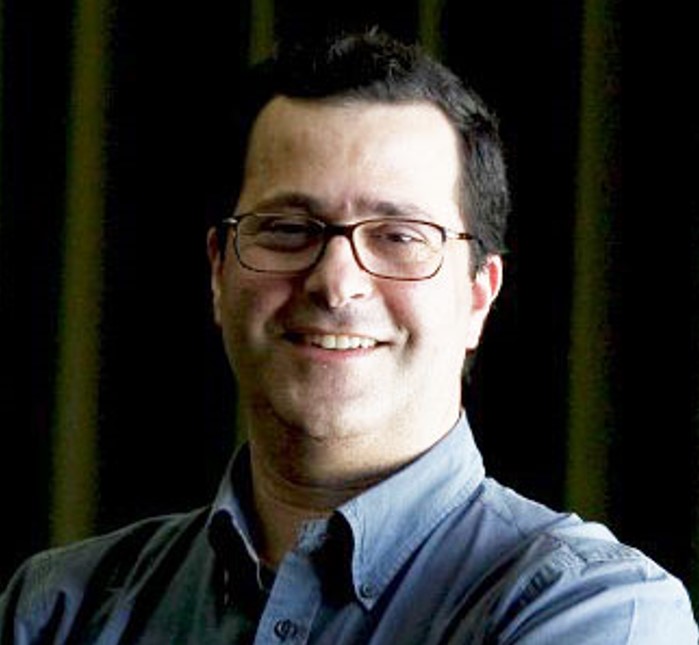 |
10h00 – 10h40: Observing nature at a global scale in the 16th century: Information management and long-distance control, por Henrique Leitão (Centro Interuniversitário de História das Ciências e da Tecnologia - CIUHCT, FCUL)
|
The european maritime expansion in the sixteenth century created novel conditions for the practice of science. One of the new problems had to do with the management of information. How to analyse, interpret and distribute information about the natural world (flora, fauna, geography, meteorology, oceanographic, etc) collected all around the world?
In this presentation I will look into some of the questions related to the management of scientific information in this period. I will look especially into the protocols and artefacts that were created, but will describe also the institutions and the personnel involved in this effort.
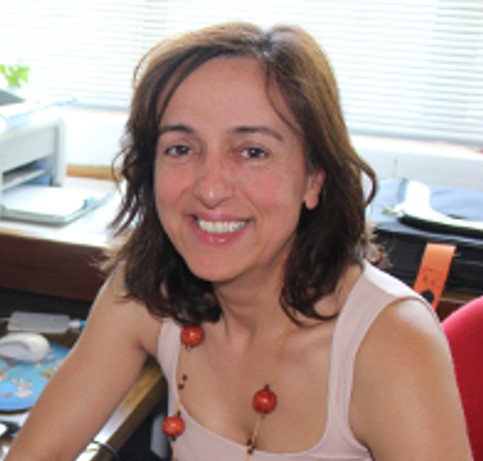 |
14h00 – 14h40: A genetic survey of honey bee populations from the Azores revealed a heterogeneous composition and a rapid human-mediated evolutionary change, por Maria Alice Pinto (Centro de Investigação da Montanha - CIMO, Instituto Politécnico de Bragança, ESA-IPB)
|
The Azores offers a unique stage for studying the impact of human-mediated processes on the genetic composition of honey bee populations. Through beekeeping activities, humans can shape gene pools directly, by selective breeding or by mediating gene flow between geographically isolated lineages, and indirectly, by introducing novel parasites and pathogens. These processes can change dramatically and rapidly insular populations, due to their geographical isolation and theirtypically small effective population sizes. A recent survey using a combination of genetic markers (mtDNA, SNPs, and wing geometric morphometrics) revealed a very heterogeneous composition across the archipelago, which has been shaped by historical and contemporary human-mediated processes. The most ubiquitous haplotypes are of African ancestry (sub-lineage AIII), supporting an introduction from northern Portugal during historical times. However, a recent breeding program, involvingimportation of honey bee queens from a highly divergent eastern European lineage, associated with accidental arrival of the dangerous ectoparasitic mite Varroa destructor, led to a dramatic change in the composition of populations from Pico, Faial and Graciosa and to lesser extent São Miguel and Flores. The implications of these findings for honey bee conservation and apiculture will be discussed.
2 DE JULHO (TERÇA-FEIRA): Auditório Manuel Valadares, MUHNAC
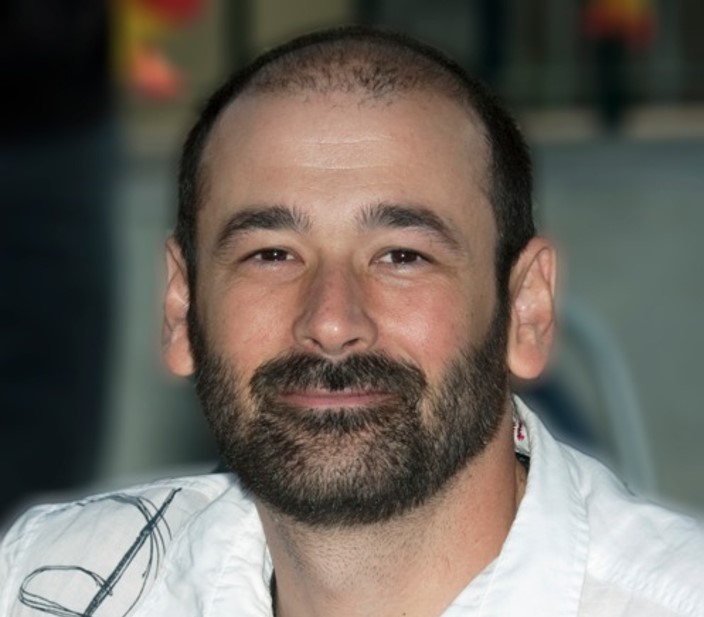 |
9h30 – 10h10: Linking current trends in ecological statistics with what ecologists should know about it, por Tiago Marques (Centro de Estatística e Aplicações - CEAUL, FCUL) |
In a recent number of The American Statistician, 43 papers revolved around a common topic: statistical significance. The editorial by Wasserstein et al. (2019) is not shy: “it is time to stop using the term “statistically significant” entirely.”. Nonetheless, arguably still the most common question a biologist asks a statistician is: how can I show “these” are statistically significantly different? Ecology has historically been a fertile field for statistical development, while statistics has been extremely helpful in advancing ecology. Existing hot topics and trends in statistical ecology include assessing species distributions, measuring biodiversity, investigating population dynamics, understanding animal movements and interpreting citizen science data. In this talk I will present some common misconceptions about statistics and recent advances in the field of ecological statistics, concluding with some thoughts about what might be the statistical tools that researchers and biology students should learn to close the gap between what they know and what they should know.

